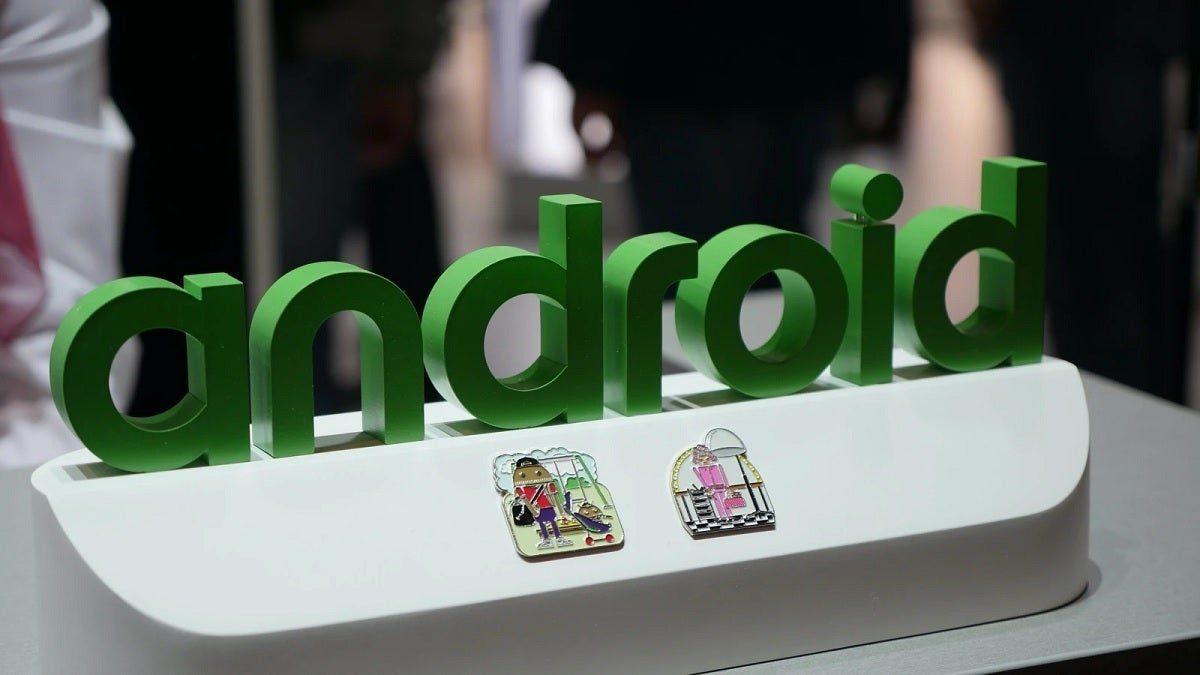OnePlus 15 will be the first smartphone with a Snapdragon 8 Elite Gen 5
OnePlus revealed some key details about its upcoming flagship smartphone at Qualcomm’s Snapdragon Summit in China. The phone will be called OnePlus 15, and the company claims (source) it’ll be the first device with the Snapdragon 8 Elite Gen 5 chipset.During the showcase at Qualcomm’s event, Li Jie, president of OnePlus China, showed (source in Chinese) a black OnePlus 15. That confirmed the earlier claims that the phone will have a design more similar to the OnePlus 13T than its direct predecessor, the OnePlus 13.
More confirmations about the OnePlus 15 display


The front of the OnePlus 15. | Image Credit – Li Jie on Weibo
We’ll need to wait a little longer to see if the rest of the OnePlus 15 rumors are also correct. Probably the most intriguing detail is the rumored 7,000 mAh battery with 120W wired charging, which would trump the rumored capacity on the Galaxy S26 Ultra and the iPhone 17 Pro Max.
So far, so good
All the details about the OnePlus 15 sound fantastic, but I’ll need an official announcement and some hands-on time before getting properly excited. Even if the hype turns out to be too much, I believe this will be one of the formidable flagship challengers in the coming months, so it’s worth keeping an eye on it.
#OnePlus #phone #Snapdragon #Elite #Gen #coming



















